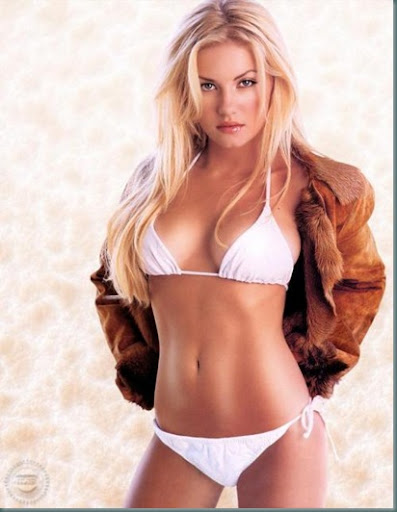Mickey Rourke has been going around saying that Sean Penn is a homophobe. I don't really know why. If Penn is, privately--and I'm not aware of much evidence, certainly in the last 10 years, to support that, in fact rather the opposite--I don't really care.
Unless you can show me that Penn has been using his stardom to promote intolerance, all I'm really interested in is him as an actor. And he is an extraordinary actor.
I think of him in Mystic River, for which he deservedly won an Oscar, as the man who turns his ferocious anger against a friend he thinks has killed his daughter.
And I try to tell myself that the same man gave the exquisitely human performance--though that's the wrong word, as it didn't feel like a performance at all--I saw tonight in Milk. Let me back up a minute.
The film itself succeeded with me where other films about gay men and/or politics have not for three main reasons.
It didn't seem stuffily to be trying to Teach Me A Lesson.
I think most of you who have read this blog for even a day know my feelings on civil rights for homosexuals. Nevertheless, my tolerance threshold for screen or stage dramas where the theme seems to be "But honest and truly, gays really are people too!!" is remarkably low.
I just think we should be past the point wherein that kind of statement arouses any reaction other than "Well...duh." I understand that we're not; you can make an argument that we need such works to play in more conservative parts of the country than those in which I've lived. But I don't think I'll ever have respect for them creatively.
Milk, on the other hand, I don't think sets out to Teach A Lesson. It sets out to tell a man's story. Since he was the first openly gay man to be elected to public office in America, the story does inherently have some historical and even educational value.
But all praises to Jesus, it's about a man who was gay, not just a Gay Man.
(This is not to say that the film denies his sexuality in any way--which would be hard to do in the first place, tho' not impossible. But it makes it a part of the picture, not the whole thing.)
It didn't get thrown off by movie stars.
Apart from Penn, James Franco as Milk's longtime partner (later friend) and Josh Brolin--who we won't count because he's unrecognizable as Dan White, Milk's assassin--there aren't any.
I don't know if it's what a film student would call "cinéma vérité," but those are two of the words that came to mind. As I understand it, that means the sort of film which opens up a door upon real life, and that's what this felt like to me.
You almost never catch any of the cast acting. Penn's an actor, not a movie star first; in this movie, Franco shows signs for the first time (at least that I've seen) he might be one, too.
Like them, Brolin disappears into his character. And inhabiting White, he makes him full bodied. The performance, and the movie, does not take the cheap shot of presenting him simply as a belt-suited bigot, rather as someone who was messed up.
When we get to the (beautifully terrible) ending, you hate him for what he's going to do and does, yet you don't, not completely. (And yet I was glad to know, and the film reminds us, that White eventually took his own life.)
Just as White, though a villain is not a caricature, Milk, though a hero is not a plaster saint. We see his blind spots and his weaknesses, both personal and professional, and get an idea of his flaws.
Aided by Gus Van Sant's direction and Dustin Lance Black's screenplay, Penn and Franco--both straight AFAIK--convincingly portray something I've seen too little of in movies: A loving, intimate gay relationship.
It has its ups and downs--but that is because relationships have their ups and downs, not that this one is somehow false.
(They even kiss innumerable times, something that was beyond certain other acclaimed movie stars who shall remain Tom Hanks.)
The movie is smart and funny, but that is because Milk and his friends were smart and funny, not because a writer is trying to make them (and thus the writer) appear so. At least, that's the way it played to me. Which leads me to:
It didn't work too hard to entertain us.
This relates to my first reason in that it's kind of the flip side.
Political dramas, when they aren't solemnly trying to Educate The Public, can sometimes err in the other direction and become so "audience friendly" that they lose sight of whatever they might have been trying to say.
Milk unquestionably has something to say, but it says it the way drama says things best, by showing us part of the life of a person. Making us care about him; not just because we care about the same things he does.
Despite the fact that it's a tragedy, it's moving (honestly so) but not depressing. And it has dignity. It doesn't beg for it like some Lesbian Series for the Showtime network (I could mention) does. It just has it.
This is a great biopic.
I'm saying, I really think you should see it.










No comments:
Post a Comment